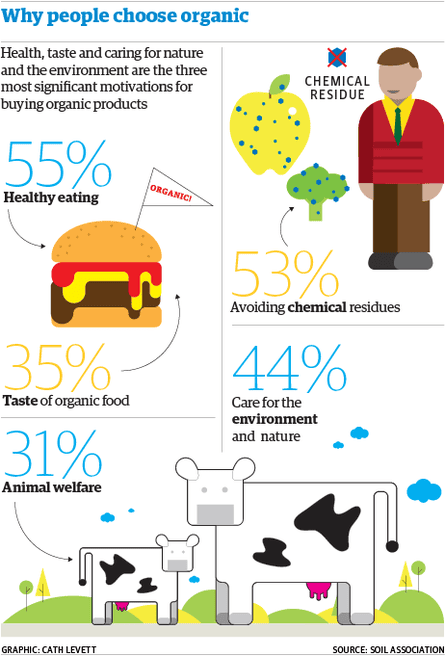
With the rise of health-conscious consumers, the demand for organic food has skyrocketed in recent years. But is organic really better than conventional produce? Let’s take a closer look at the facts to determine whether organic food is worth the hype.
Understanding Organic Farming
Organic farming is a method of agriculture that relies on natural processes and materials to cultivate crops. This means avoiding the use of synthetic pesticides, fertilizers, and genetically modified organisms. Instead, organic farmers focus on building healthy soils, promoting biodiversity, and using crop rotation to control pests and diseases.
The Environmental Impact
One of the main arguments in favor of organic food is its positive impact on the environment. Organic farming practices are designed to minimize pollution, conserve water, and support wildlife habitats. By avoiding the use of harmful chemicals, organic farmers help protect the soil, air, and water for future generations.
Nutritional Benefits
Some studies suggest that organic food may have higher levels of certain nutrients, such as antioxidants and vitamins. However, the evidence is mixed, and more research is needed to determine whether these differences are significant. It’s important to note that the nutritional content of a food item can be influenced by many factors, including soil quality, climate, and storage conditions.
Pesticide Residues
One of the biggest concerns with conventional produce is the presence of pesticide residues. While the levels are generally considered safe by regulatory agencies, some consumers prefer to avoid these chemicals altogether. Organic food is grown without synthetic pesticides, which may offer peace of mind for those looking to reduce their exposure to potentially harmful substances.
Cost Considerations
One of the drawbacks of organic food is its higher price point compared to conventional produce. This is due to the increased labor and input costs associated with organic farming. While some people are willing to pay a premium for organic food, others may find it difficult to afford on a regular basis.
Final Verdict
So, is organic really better? The answer ultimately depends on your priorities and values. If you’re concerned about the environment, animal welfare, and pesticide residues, organic food may be the right choice for you. However, if cost is a significant factor or if you’re more focused on overall nutrition, conventional produce may be a more practical option. Ultimately, the most important thing is to eat a balanced diet rich in fruits, vegetables, and whole grains, regardless of whether they’re organic or not.
At the end of the day, the best diet is one that is sustainable, affordable, and suits your individual needs and preferences. Whether you choose organic or conventional produce, make sure to wash your fruits and vegetables thoroughly to remove any potential residues and enjoy them as part of a well-rounded, healthy diet.